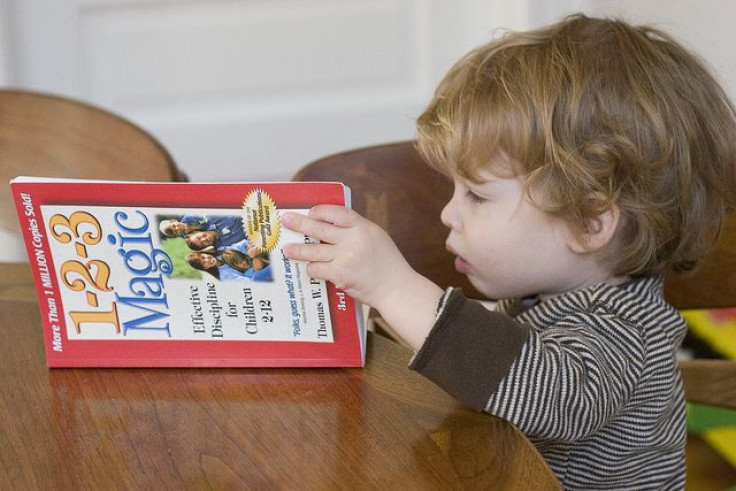Getting Your Child to Read by Age Four Can Lead to Faster Brain Maturity

Being a bookworm is not a bad thing at all. Children who read perform better in school, have a healthy self-image and become lifelong learners, according to the Reading is Fundamental organization.
New research also suggests introducing your four-year-old child to books can, and will, help his or her brain develop quicker by the age of 18 or 19.
Researchers from the University of Pennsylvania found if a parent waits until the age of eight to introduce books to their child, it may be too late, and will have little impact on the brain. The study discovered the age of four is a crucial time in a child's development.
The study involved 64 children whose parents had a similar socio-economic status. Researchers observed factors such as having access to books or toys. Researchers also observed brain scans of participants 15 years following their first visit.
The study discovered those children who were given access to books, educational toys and went on trips were more likely to have thinner parts of the brain. A thinner brain is associated with positive development. Children with thinner regions of the brain performed better on tests regarding language comprehension.
More specifically the temporal cortex of the brain, which is located near the surface of the brain right above the ear, plays a crucial part in the role of language and thought. It also is where researchers observed the most thinning.
According to researcher Martha Farrah thinning of grey matter is a beneficial thing.
"In the course of brain maturation during childhood and adulthood, the cortex becomes thinner. You would think it would bulk up but it turns out that a lot of the development including the finishing touches put on the brain in late adolescence, early adulthood involve not adding cells and connections but rather eliminating the ones that aren't needed, so you are left with a lean, mean machine," she said to Daily Mail.
The study was presented at the Society for Neuroscience's annual conference in New Orleans.



























